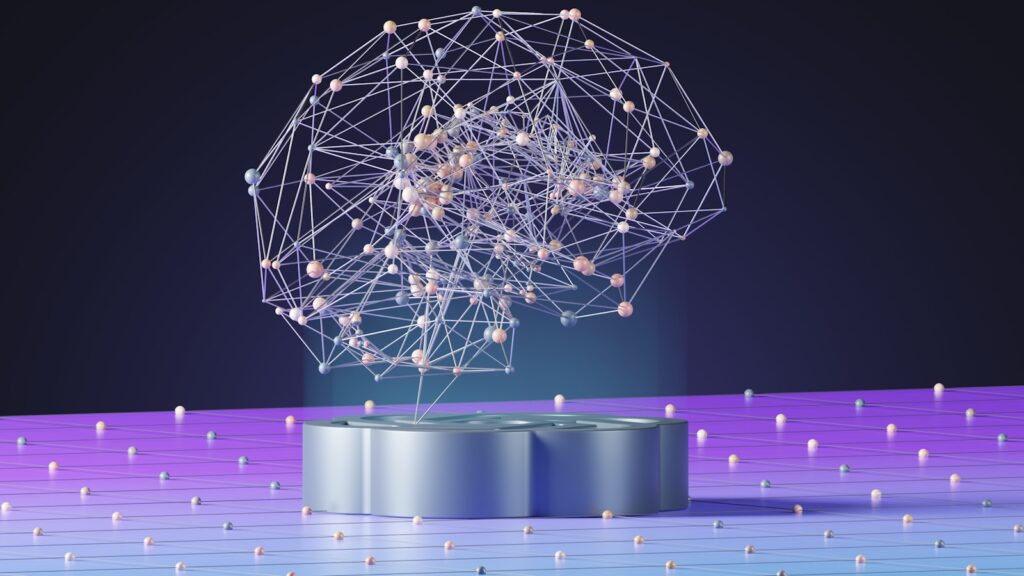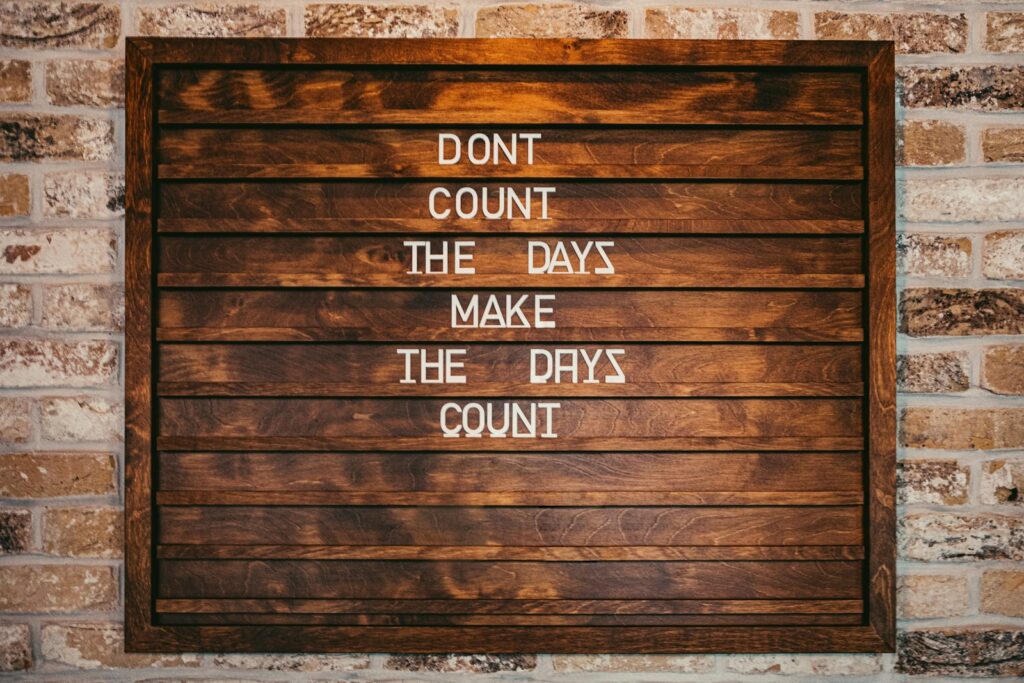Mastering Focus in a Distracted World: Your Complete Guide to Reclaiming Your Attention
Ever feel like your brain is a browser with 47 tabs open? You’re not alone. Here’s how I learned to tame the chaos and reclaim my focus—and how you can too.
Let me paint you a picture: It’s 9 AM, I’ve got my coffee steaming beside me, and I’m ready to tackle that important project. Fast forward to 11:30 AM, and somehow I’ve checked my email seventeen times, scrolled through social media, reorganized my desk drawer (twice), and started three different tasks without finishing any of them. Sound familiar?
If you’ve ever wondered where your day went or why you feel busy but unproductive, you’ve stumbled upon one of the biggest challenges of our time: the attention crisis. But here’s the thing—it’s not your fault, and more importantly, it’s completely fixable.
Why Your Brain Feels Like It’s Running a Marathon
Before we dive into solutions, let’s talk about why focusing feels harder than climbing Mount Everest in flip-flops. According to researchers at the University of California, Irvine, the average office worker switches tasks or gets interrupted every three minutes. Every. Three. Minutes.
Think about that for a second. You’re not just dealing with occasional distractions—you’re navigating a constant storm of them. And here’s the kicker: after each interruption, it takes up to 23 minutes to get fully back on track. Gloria Mark, who’s spent years studying digital distraction, calls this the “attention residue” effect.
But here’s what really blew my mind: we’re processing about 34 gigabytes of information daily—that’s like reading 174 newspapers every single day. No wonder our brains feel fried!
The Dopamine Trap We’re All Caught In
Every ping, notification, and social media scroll triggers a tiny hit of dopamine in your brain. It’s the same chemical that makes gambling addictive, and it’s turning our devices into digital slot machines. Studies show we check our phones 58 times per day on average. Each check breaks our focus and makes it harder to dive deep into meaningful work.
I discovered this the hard way when I realized I was reaching for my phone even during conversations with my family. That was my wake-up call.

The Hidden Cost of Our Scattered Attention
Here’s what nobody talks about: distraction isn’t just about productivity. It’s stealing your ability to think deeply, be creative, and find satisfaction in your work. When you’re constantly switching between tasks, you’re operating in what researchers call “shallow work mode”—you’re busy, but you’re not creating anything meaningful.
A report from Atlassian found that employees spend only 60% of their workday actually being productive. The rest? Lost to interruptions, context-switching, and what I like to call “productivity theater”—looking busy without accomplishing much.
But here’s the good news: in a world full of distractions, the ability to focus deeply has become a superpower. The people who master this skill don’t just get more done—they produce higher quality work, experience less stress, and actually enjoy their jobs more.
Your Brain’s Secret Weapon: Neuroplasticity
Here’s something that changed everything for me: focus isn’t a fixed trait you’re born with. Your brain has this incredible ability called neuroplasticity, which means you can literally rewire it to focus better. Just like you can train your muscles at the gym, you can train your attention.
The key is understanding that focus is a practice, not a personality trait. Every time you resist a distraction and return your attention to your work, you’re strengthening your focus muscle. It starts small, but it builds over time.
Practical Strategies That Actually Work
Let me share the techniques that transformed my workday from chaotic to controlled:
The Power of Single-Tasking
Forget multitasking—it’s a myth that’s hurting your brain. Research from Stanford University shows that people who multitask are less productive, make more mistakes, and have trouble remembering what they’ve done. Instead, I started practicing what I call “militant single-tasking.”
Pick one task. Do only that task. When your brain tries to wander (and it will), gently bring it back. It feels weird at first, but stick with it.
Creating Your Focus Fortress
Your environment shapes your attention more than you realize. I spent a weekend redesigning my workspace to eliminate visual distractions. Phone goes in a drawer. Email notifications off. Desk clear except for what I’m working on right now.
The result? I went from feeling scattered to feeling calm and in control. Small changes, massive impact.
The 90-Minute Rule
Your brain operates on natural energy cycles called ultradian rhythms—roughly 90-minute periods of high alertness followed by 20 minutes of lower energy. Instead of fighting this pattern, I learned to work with it.
Now I tackle my most important work during my peak 90-minute windows and use the natural lulls for breaks, emails, or lighter tasks. It’s like having a secret productivity schedule that your brain actually wants to follow.

10 Fascinating Facts About Focus You Never Knew
- Your brain uses 20% of your body’s energy, even though it’s only 2% of your body weight. Deep focus is literally fuel-intensive work.
- The average person’s attention span has dropped from 12 seconds to 8 seconds since the year 2000. That’s shorter than a goldfish!
- Walking increases creative thinking by 60%. Steve Jobs was onto something with those walking meetings.
- Blue light from screens suppresses melatonin production for up to 3 hours. That late-night scrolling is sabotaging tomorrow’s focus.
- Meditation can increase gray matter density in areas of the brain associated with attention in just 8 weeks.
- The “Google effect” has rewired our brains to remember where to find information rather than the information itself.
- Temperature affects focus. The optimal temperature for cognitive performance is between 68-72°F (20-22°C).
- Listening to instrumental music can improve focus by masking distracting environmental sounds.
- Dehydration of just 2% can impair attention and memory. Keep that water bottle handy!
- The average knowledge worker checks email every 6 minutes. Email is the new smoking break—except it never ends.
Learning from the Focus Masters
I’ve studied countless productivity experts, but one person who really opened my eyes was Cal Newport, the author of “Deep Work.” His blog, Study Hacks, is a goldmine of research-backed strategies for improving focus and productivity. Newport’s approach isn’t about working harder—it’s about creating the conditions where focused work becomes natural and sustainable.
What I love about Newport’s work is that he doesn’t just give you tips; he shows you how to build systems that support deep focus. His insights have helped millions of people reclaim their attention in our hyper-connected world.

Your Questions About Focus, Answered
Q: How long does it take to improve my focus? A: You’ll notice improvements within a week of consistent practice, but significant changes typically happen after 3-4 weeks of building new habits.
Q: Is it normal to feel restless when I first try to focus? A: Absolutely! Your brain is used to constant stimulation. The restlessness is actually a sign that you’re breaking old patterns.
Q: Should I eliminate all distractions completely? A: Start with the biggest culprits (phone notifications, email alerts) and gradually reduce others. Going cold turkey often backfires.
Q: What if my job requires me to be constantly available? A: Even 30-minute blocks of uninterrupted time can make a huge difference. Start small and gradually extend your focus sessions.
Q: How do I handle urgent interruptions during focus time? A: Ask yourself: “Is this actually urgent, or just loud?” Most “urgent” things can wait 30 minutes.
Q: Does caffeine help or hurt focus? A: Moderate caffeine (1-2 cups of coffee) can enhance focus, but too much creates jittery energy that’s hard to direct.
Q: What’s the best time of day to do focused work? A: Most people are sharpest 2-4 hours after waking up, but pay attention to your own energy patterns.
Q: How do I stay motivated when focus feels hard? A: Remember that difficulty is temporary. Each time you practice focus, you’re literally strengthening neural pathways.
Q: Can background music help with focus? A: Instrumental music or nature sounds can help, but lyrics tend to compete with your inner voice for attention.
Q: What if I have ADHD or other attention challenges? A: These strategies still apply, but you might need to modify them. Shorter focus sessions and more frequent breaks often work better.
A Verse for Reflection
As I’ve worked on improving my focus, I’ve found comfort in Philippians 4:8 (NKJV): “Finally, brethren, whatever things are true, whatever things are noble, whatever things are just, whatever things are pure, whatever things are lovely, whatever things are of good report, if there is any virtue and if there is anything praiseworthy—meditate on these things.”
This verse reminds me that what we choose to focus on shapes who we become. In a world full of negativity and distraction, choosing to direct our attention toward what’s good and meaningful is both a spiritual practice and a practical strategy for a better life.

Your Focus Journey Starts Now
Mastering focus isn’t about perfection—it’s about progress. Start with one small change this week. Maybe it’s putting your phone in airplane mode for one hour each morning, or taking a 5-minute walk before starting your most important task.
The goal isn’t to become a focus robot; it’s to reclaim your ability to choose where your attention goes. Because at the end of the day, your attention is your life. Where you focus is where you’ll find meaning, growth, and the satisfaction that comes from doing work that matters.
Remember: every expert was once a beginner. Every pro was once an amateur. Every icon was once an unknown. Your focus journey starts with a single moment of choosing to be present with what’s in front of you.
What will you choose to focus on today?
Ready to dive deeper into productivity and focus strategies? Check out Cal Newport’s blog “Study Hacks” for more research-backed approaches to deep work and meaningful productivity.
